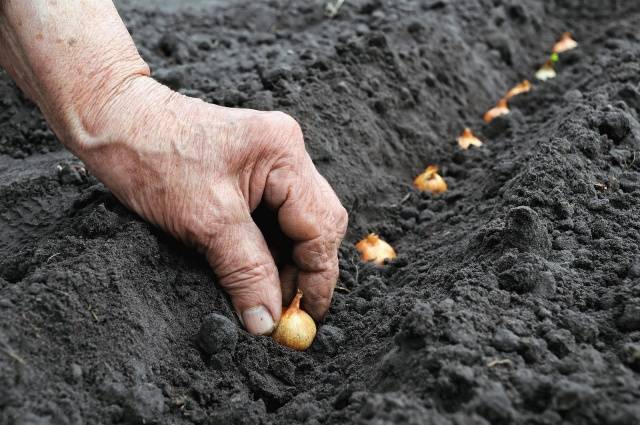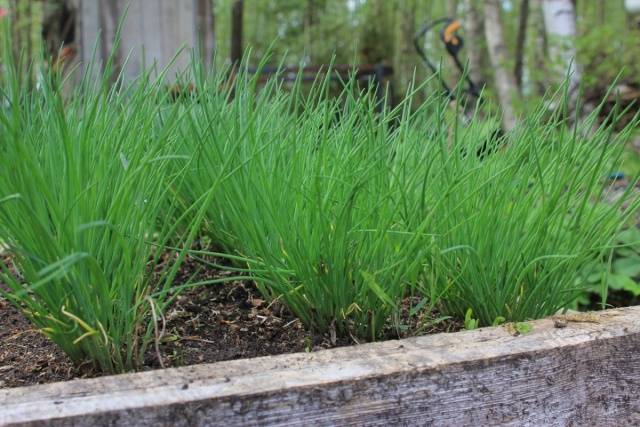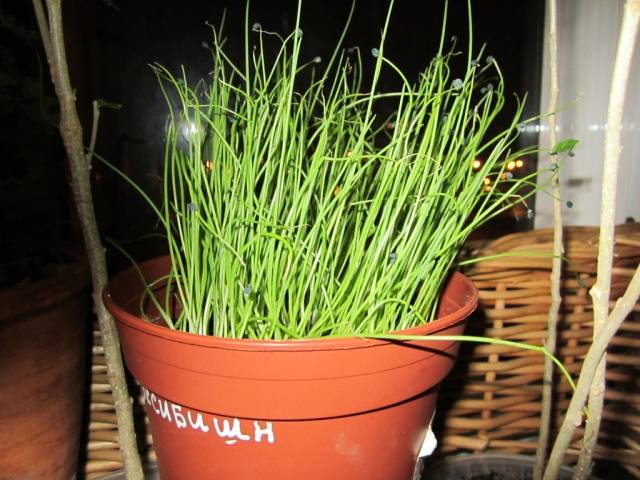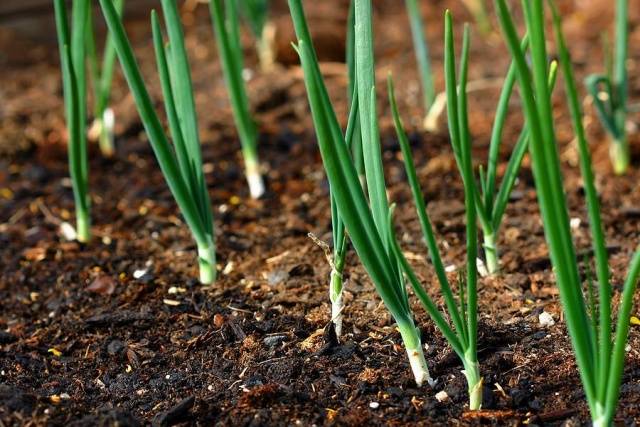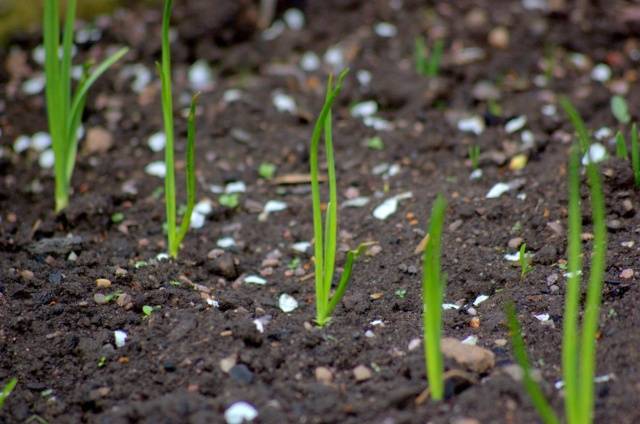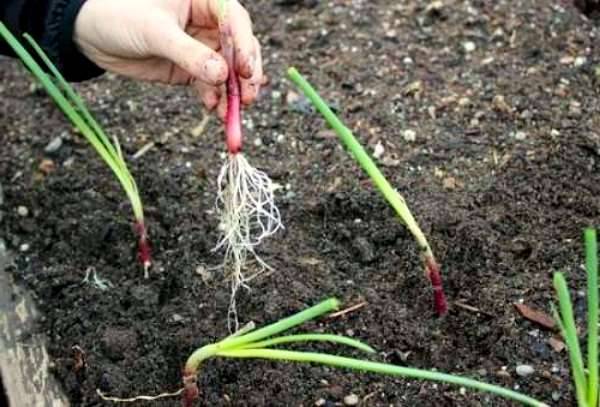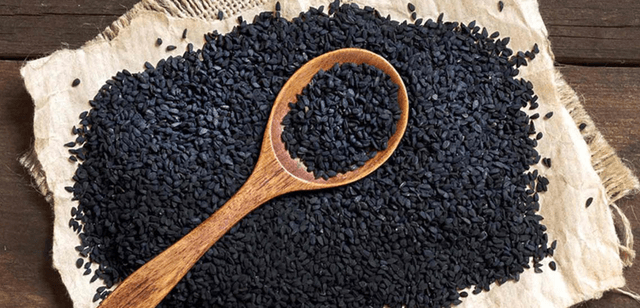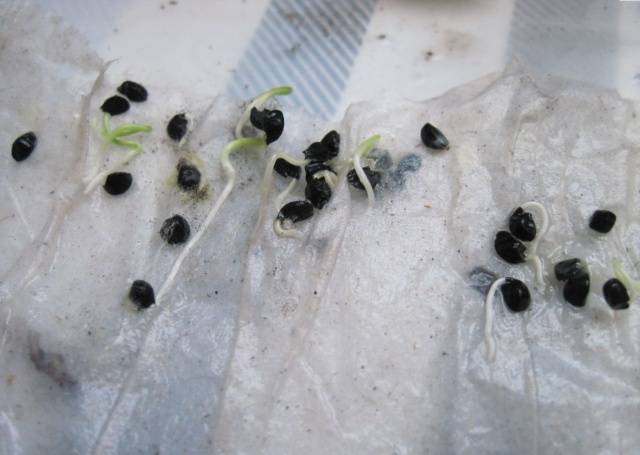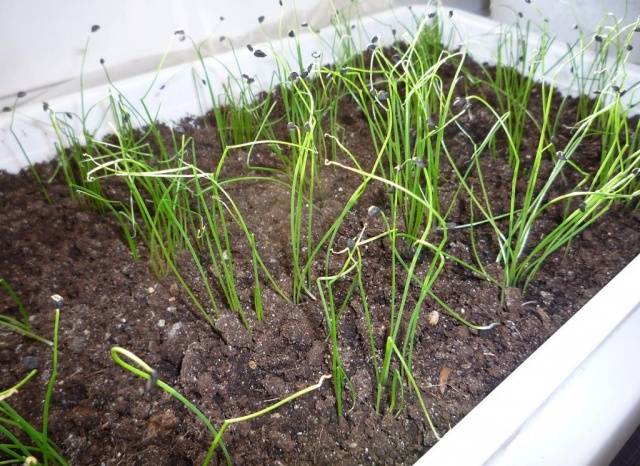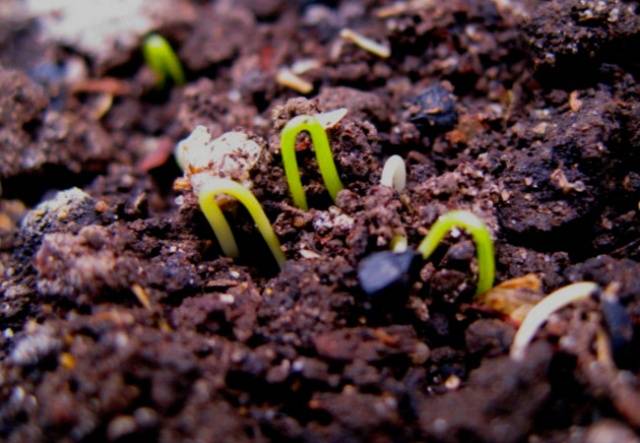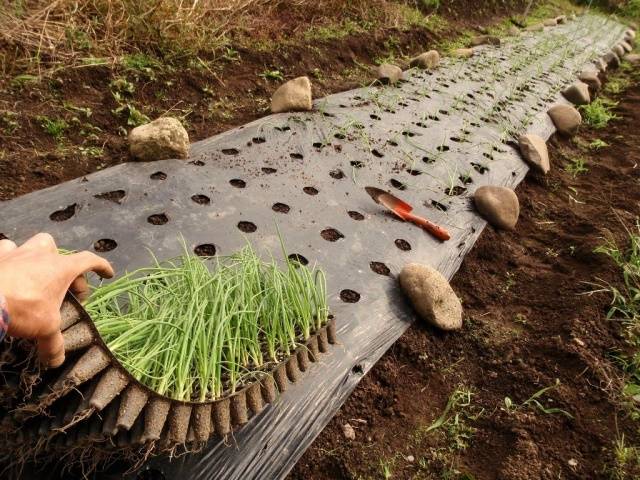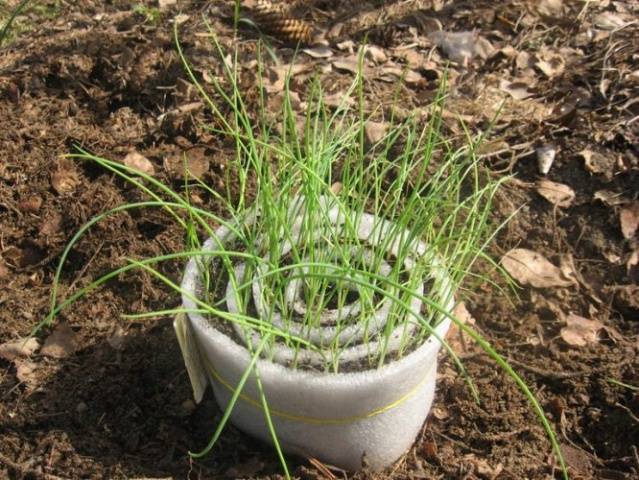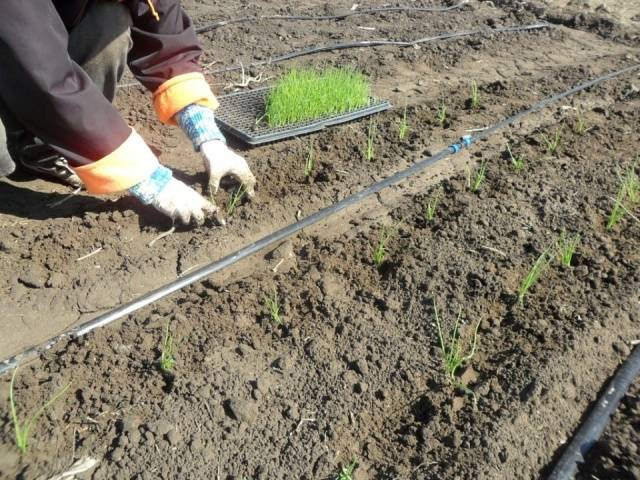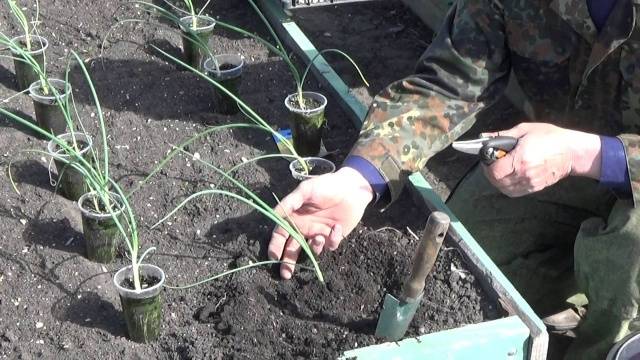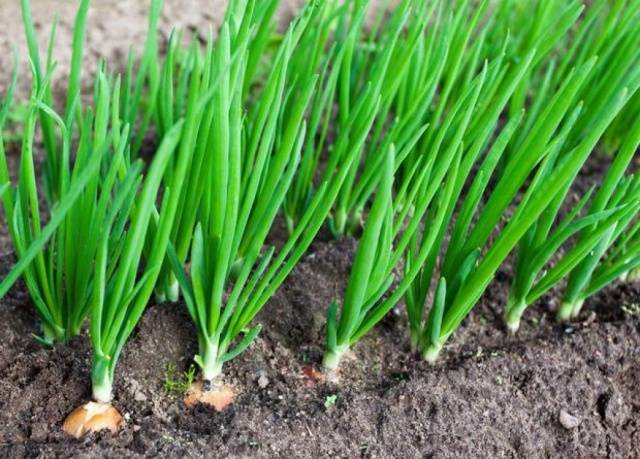Content
Almost all garden crops are annual and yield in the same season. The only exceptions are onions and garlic, which have a long growing season and are therefore grown in two stages. As a rule, in the first year, a set is obtained from onion seeds, and only at the end of the second season gardeners harvest a full-fledged crop - large heads of onions. But selection does not stand still, and today a new method of growing onions has become possible - seedling.
How to sow black onions for seedlings, when to plant it into the ground, will be described in this article. Here the rules for sowing nigella will be described and alternative options for planting onions will be proposed.
The advantages of the seedling method
Usually, gardeners first sow nigella in order to collect small heads at the end of summer - sevok. The next spring, these one-year-old bulbs are planted, from which full-fledged heads will grow by the fall, suitable for eating and long-term storage.
The disadvantage of a two-year cycle is not only the time spent on the entire process. Very often, most of the seedlings deteriorate over the winter: the heads can dry out, dry out or rot due to inappropriate storage conditions.
Some summer residents, trying to minimize the loss of planting material, sow nigella before winter... This method allows you to significantly reduce time and material costs, but also does not guarantee a 100% result. For onions to grow without problems, the climate in the region must be very stable. After all, the nigella sown too early will simply dry out, and late planting threatens with freezing of the seeds.
An alternative way to grow nigella onions is seedling. The use of this method became possible only with the development of modern varieties of onions with a short growing season.
For these purposes, some foreign hybrids are excellent, such as the one-year-old Siberian, Exibishen, Strigunovsky, Myachkovsky, Danilovsky varieties. It has been noticed that the best annual harvest is obtained from sweet and semi-sweet varieties of onions.
You can grow onion seedlings from nigella in the same way as seedlings of garden vegetables (tomatoes, peppers, eggplants) or garden flowers. This method has its advantages:
- The ability to grow onions in regions with harsh and cold climates.
- Obtaining large volumes of crops from a small planting area.
- Saving planting material, because chernushka seeds are spent several times less, and yields are always better.
- Less arrowing of the bow, because set feathers often go to arrows due to unfavorable weather conditions or incorrect planting times.
- The best keeping quality of annual bulbs, which can be stored without problems for 6-9 months.
For many gardeners, the most significant advantages of growing seedlings from black onion seeds are less labor and a reduction in the time spent in the beds.
Growing annual turnips
Not all summer residents know how to sow black onions for seedlings. Practice shows that there is nothing particularly complicated in this matter, you just need to take into account some of the features of onion seedlings.
The seedling method of growing onions is suitable only for those who have small plots and grow vegetables in limited quantities.
Determination of terms
First of all, you should know when to sow onion seeds for seedlings. For an accurate answer to this question, you must carefully read the instructions on the bag with onion seeds - the growing season of a particular variety must be indicated there. Usually, annual varieties of onions ripen within 120-130 days after the first shoots appear. Until the moment of transplanting into the ground, the seedlings should grow and get stronger, all this will take from one and a half to two months.
Onions are an unpretentious culture that can withstand light frosts and adverse weather conditions. To get an early harvest of turnip, you can plant seedlings in the ground at the end of April or at the beginning of May.
Considering all of the above, we can calculate the ideal sowing dates for black onions are early or mid-March. Sowing earlier is undesirable due to too short daylight hours and lack of sun - this will lead to stretching of seedlings.
Sowing nigella should be already in the middle or end of February, artificially illuminate the seedlings, and after transferring to the ground, cover the beds with lutrasil or other non-woven material.
Preparatory work
Onion seeds are small grains of black color, which are popularly called "nigella". Before sowing, the nigella must be prepared in order to increase the germination of seeds and accelerate their germination.
The preparation of the nigella consists in its preliminary soaking. Some for these purposes use a weak solution of potassium permanganate (1 gram of potassium permanganate per liter of water), in which the nigella is placed in a linen bag for no more than 45 minutes.
In most cases, soaking the nigella in plain water, the temperature of which is 30-35 degrees, is sufficient. To maintain the temperature, you can use a thermos or put a container of seeds on the battery. Black onions can be kept in warm water for a day.
After the preparatory measures, the nigella is dried by spreading the seeds in an even layer on a paper or cotton towel. This is necessary in order for small seeds to become crumbly and easier to separate from each other.
Planting black onions
It is convenient to sow nigella onion seeds in common plastic containers with sealed transparent lids, but, in principle, any container (cups, flower pots, plastic bottles cut along the length, etc.) will do.
The soil for onion seedlings should be loose and nutritious. A substrate is prepared from sod land, humus, sand and peat. You can improve the composition of the soil with dolomite flour, quicklime, wood ash - the acidity of the soil should be neutral.
Landing is carried out in several stages:
- The containers are filled with soil so that its layer is 7-8 cm.
- Water the soil with a weak solution of manganese, Bordeaux mixture or fungicide to prevent seed infestation.
- Shallow grooves are made with a blunt object at a distance of 5 cm from each other.
- With tweezers, lay out the nigella so that the intervals between the seeds are 3 cm (then you do not have to dive the onion seedlings).
- Sprinkle the black onion with a thin layer of dry earth and lightly press it down as if by patting it.
- Spray the ground with a spray bottle.
- Cover the container with a lid or foil and put it in a warm place for germination.
As soon as the loops of the onion seedlings appear (after 3-7 days), the container is placed on a window, where there is a lot of light, and the temperature is 18-20 degrees. The lid may not be removed immediately, but then it is wiped daily to remove condensation.
It is also convenient to sow small nigella in special cassettes for seedlings or in "snails".
Growing nigella onions in "snails"
Onion seedlings are very fragile and delicate and must be handled with great care. To make their work easier, gardeners come up with alternative ways of growing onion seedlings, for example, in "snails".
Sowing nigella onions in "snails":
- 15x40 cm strips are cut from the laminate backing (or other similar material);
- a layer of toilet paper is laid on top;
- moisten the paper with water, sprinkling it from a spray bottle;
- stepping back from the bottom edge of the strip 2 cm, evenly lay out the nigella with an interval of 1-1.5 cm;
- now you need to roll up the workpiece with seeds into a roll and fix it with an elastic band;
- place the "snail" in a tight plastic bag and put it away in a warm place;
- two weeks later, the "snail" is carefully unfolded and the seeds are sprinkled with a layer of loose earth, sprayed from a spray bottle and placed in a tray.
Landing in the ground
Onion seedlings grown from seeds will get stronger by about 45-50 days after germination - at this time it can be transferred to a permanent place. The best time for planting black onions in the beds is the beginning of May. By this time, you need to prepare the site.
In the fertilized and dug soil, holes or shallow grooves are made. Onion seedlings look like young grass - thin green feathers. If the sowing of nigella was carried out in common containers, the seedlings are carefully separated, trying not to damage the roots.
The distance between the seedlings should be at least 5 cm, the depth of planting roots in the soil is 1-1.5 cm. After planting, the soil is slightly compacted around the stem. It remains to water the garden bed and slightly mulch it with peat or humus.
Conclusion
Growing onion seedlings from nigella is a painstaking and laborious task. This method is suitable for those who grow a limited amount of vegetables, are engaged in breeding interesting varieties, trying to get early harvests. When sowing nigella, it must be borne in mind that not all crop varieties are capable of developing in one season - there are special annuals for the seedling method.
Details about planting black onions for seedlings are described in this video:

